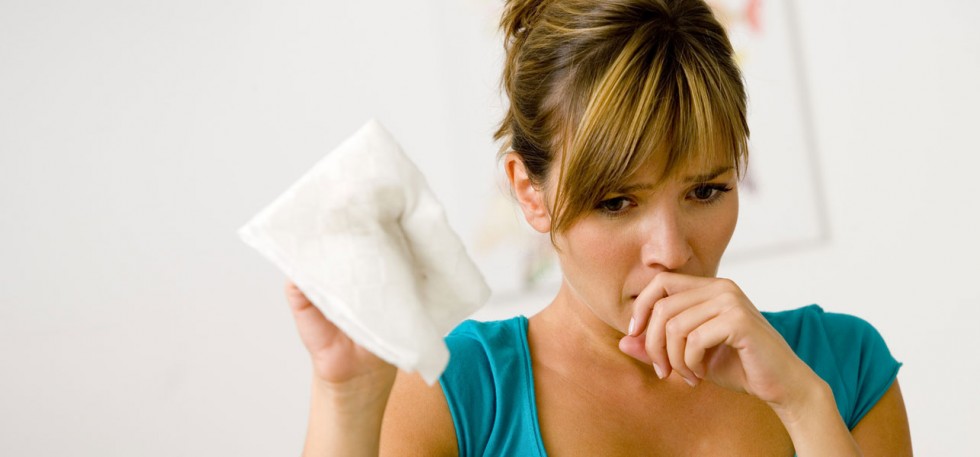Why is it important to deal with ‘domestic’ allergies?
For people who suffer from allergies, making at least their home a happy hypoallergenic place where they can forget about sneezing, itching and getting that annoying rash is really important, if not vital. The same applies to people who have asthma, as some allergens can and do trigger asthma symptoms and attacks. That’s why regular and proper cleaning routing becomes a part of their lives, but sometimes they still can’t stay peacefully inside their houses, as something is still causing symptoms of allergies appear even after a total spring cleaning. And, that is just unacceptable for multiple reasons.
I’m not a doctor or allergy specialist, but it’s pretty obvious to me and most people who have allergies it’s quite dangerous for someone who is dealing with this issue to spend long periods of time at a place, where they experience allergy symptoms on a constant basis, as it may eventually cause terrible reactions up to anaphylactic shock asphyxia (suffocation) or rough asthmatic attacks and chronic inflammation, which damages the tissue of human’s body and disrupts its normal function. The latter may be caused by permanent exposure to numerous things that trigger mild allergy reactions in a human. And, it just gets extremely annoying to experience allergies all the time.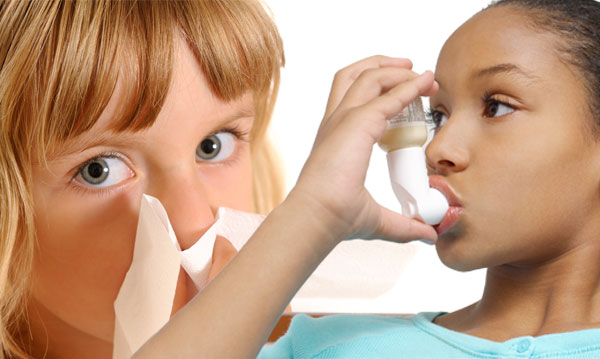
Of course, allergies are caused by various factors, but the ones that are secretly (or not so much) expecting us at home are: dust, mold, dust mites, chemicals contained in cleaning products, some types of fabric, furniture and pillow fillers, pet hair and even saliva, plants and pests who live on them or in the pot’s soil, etc. Some of them can be completely eliminated, when others are always present in our lives and we can only lower their harmful health effects.
The key solution to the problem of reducing ‘domestic’ allergies is meticulous and regular cleaning with the use of proper supplies, along with a throughout inspection of the house and getting rid of possible allergies triggers. Scrupulous cleaning and frequent deep-cleaning is even more important if you have children who suffer from allergies, as it’s necessary to ensure that they have an opportunity to play safely at least inside the house, without being exposed to allergens and their harmful influences.
If you’re busy at work and thus don’t have enough time to clean your house as often as you would like to, it’s better to hire a maid or housekeeper to help you out with regular cleaning. It’s almost a necessity in your case, as it turns into the health matter. A cleaner will come several times a week to clean up your place applying hypoallergenic cleaning products and using more efficient professional cleaning technologies that ordinary home owners don’t have (like steam cleaners for carpets or hi-tech vacuums). If you’d like to consider this option, visit HireRush.com to find cleaners who work within your local area, check out the services they provide and costs they require. If you decide to contact one of the housekeepers of your choice, you can call them directly from our site.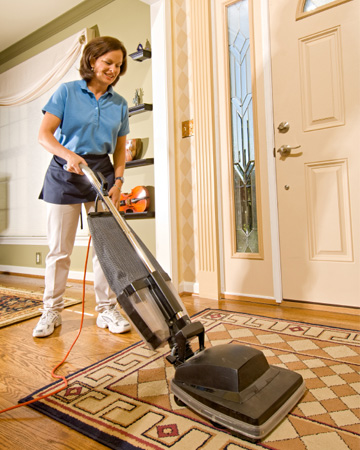
However, it’s not healthy to turn cleaning into an obsession, as completely ‘sterile’ house is not good for human’s health as well, as living in such conditions may amplify the impact of negative outdoor factors. And, it’s simply time-consuming and quite useless, as no matter how hard you try, you won’t be able to get rid of all the dust particles in your house. But, the thing you can do for sure is to make your house more hypoallergenic and dust-free than usual. And, I’ll share with you some tips on this subject. So, let’s conquer those allergies! (No mercy allowed.)
What may help you make your house hypoallergenic?
Dealing with dust – the main reason of allergies
It’s a constant struggle; I know it and I feel your pain. But, the matter is that it’s a routine you can’t avoid if you want to reduce your or your family member’s allergies at home. The first thing cleaners recommend to do is to throw away those cute little feather dusters. You look fancy when you go around the house and ‘dust’ the furniture with them, but it’s probably their only benefit. The thing is that they only spread the dust all over the surfaces or make it flow into the air. If you want to collect the dust, you have to use a damp cotton or microfiber cloth to do that. So, simply dry piece of fabric won’t do as well.
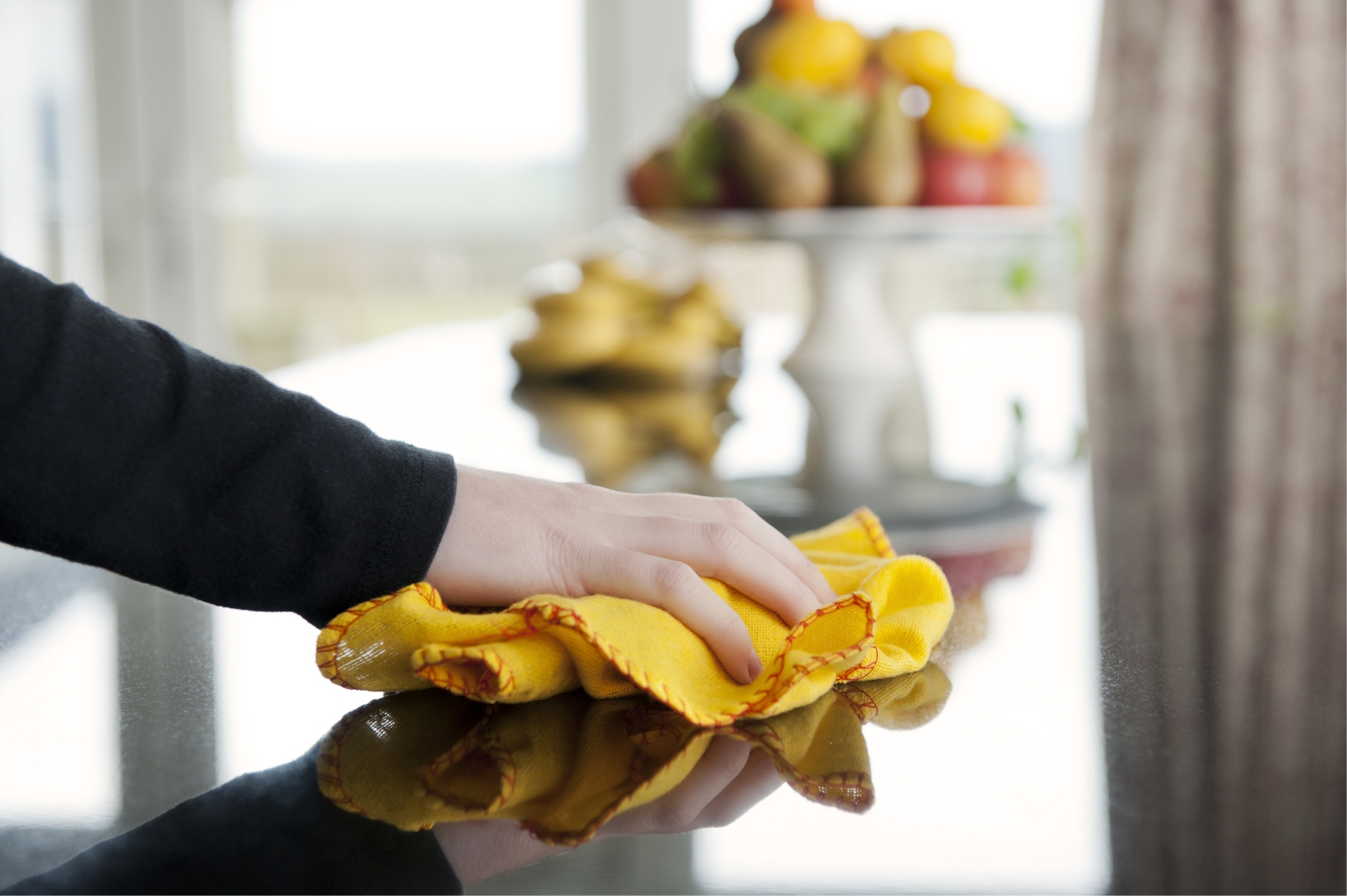
Then, it’s good to understand that it’s not the ‘visible’ dust that causes most of the allergies, as cleaners and house owners, especially those who tend to have allergies, are pretty good at dusting surfaces, washing windows, houseplants, etc. It’s proven that 90% of dust that sits in our houses is brought from outside. Various particles that come from outdoors and (gross alert) tiny human skin flakes, fabric particles from our clothes and carpets, dirt we bring on our footwear also set onto the soft furniture, curtains, blinds, shades, bed mattresses and even clothes in our closets. And, in some areas with drier climates and strong winds the war between human and dust never ends.
That’s why it’s better to take some measures to prevent quick dust accumulation. For instance, it’s nice to keep your pillows, matrasses, couches and other soft furniture in zip-up hypoallergenic cases. They’re usually made of natural cotton that doesn’t irritate skin.
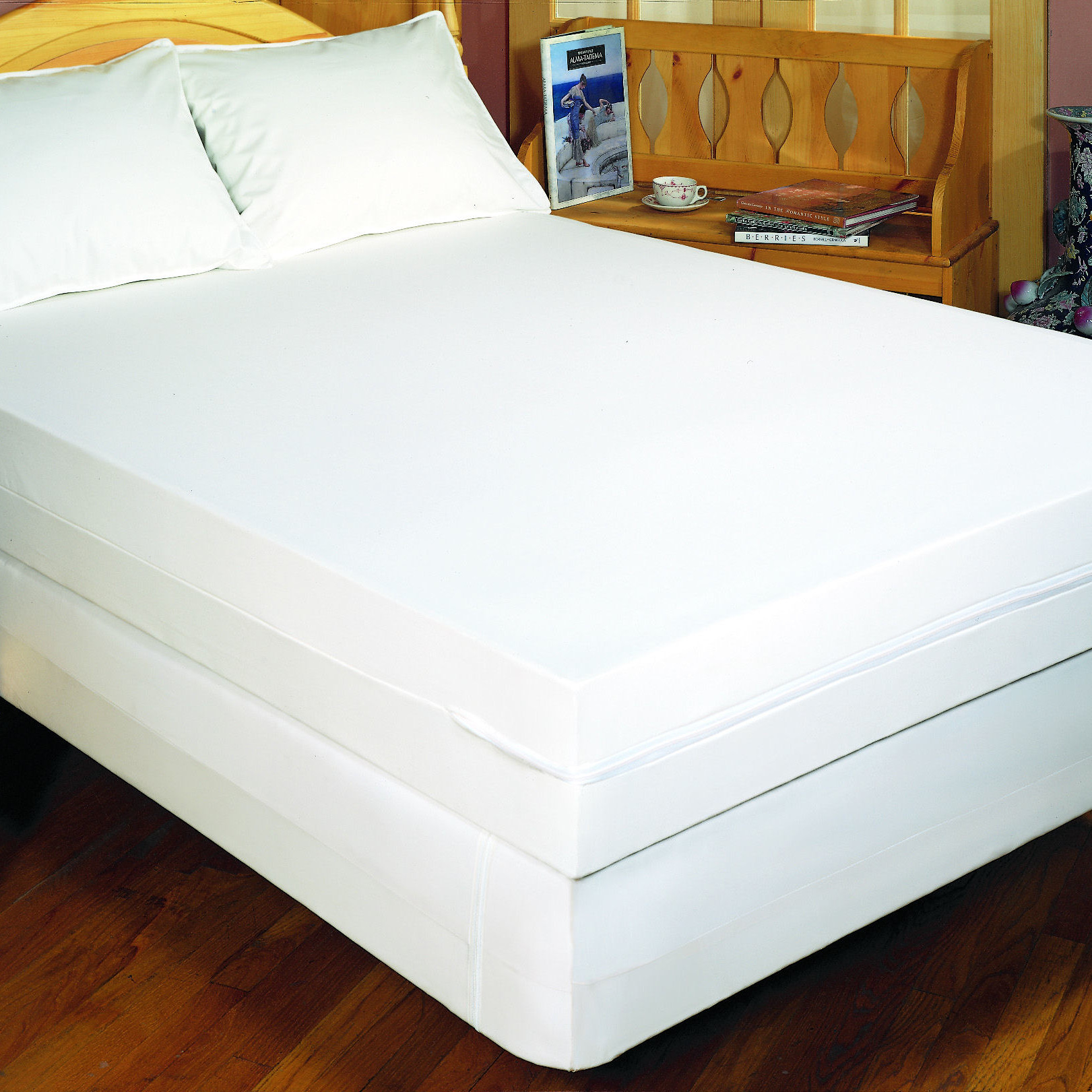
Moreover, it’s necessary to vacuum your carpets with an upright vacuum cleaner, but wooden or tiled floors require canister vacuums with a HEPA filter insert. Besides, most specialists recommend that people who suffer from allergies should opt for tiled, linoleum or wooden floors in their houses and place area rugs in certain rooms, as they are easier to clean. However, if you’re not ready to get rid of your nice and soft carpeting or if you want your baby or toddler to be able to crawl around on a soft surface, it’s still necessary to keep them as much dust-free as possible by conducting more frequent deep cleanings. Hire carpet cleaners for that matter, as they use special cleaning supplies and machines like steam cleaners, which not only soak up most of the old and nasty dirt from the bottom of the carpets, but also kill all bacteria in them. And, as many of us know, the dust itself is not nearly as harmful as dust mites that live and proliferate in it.
You should also ask professionals to deep-clean your mattresses and couches along with the carpets.
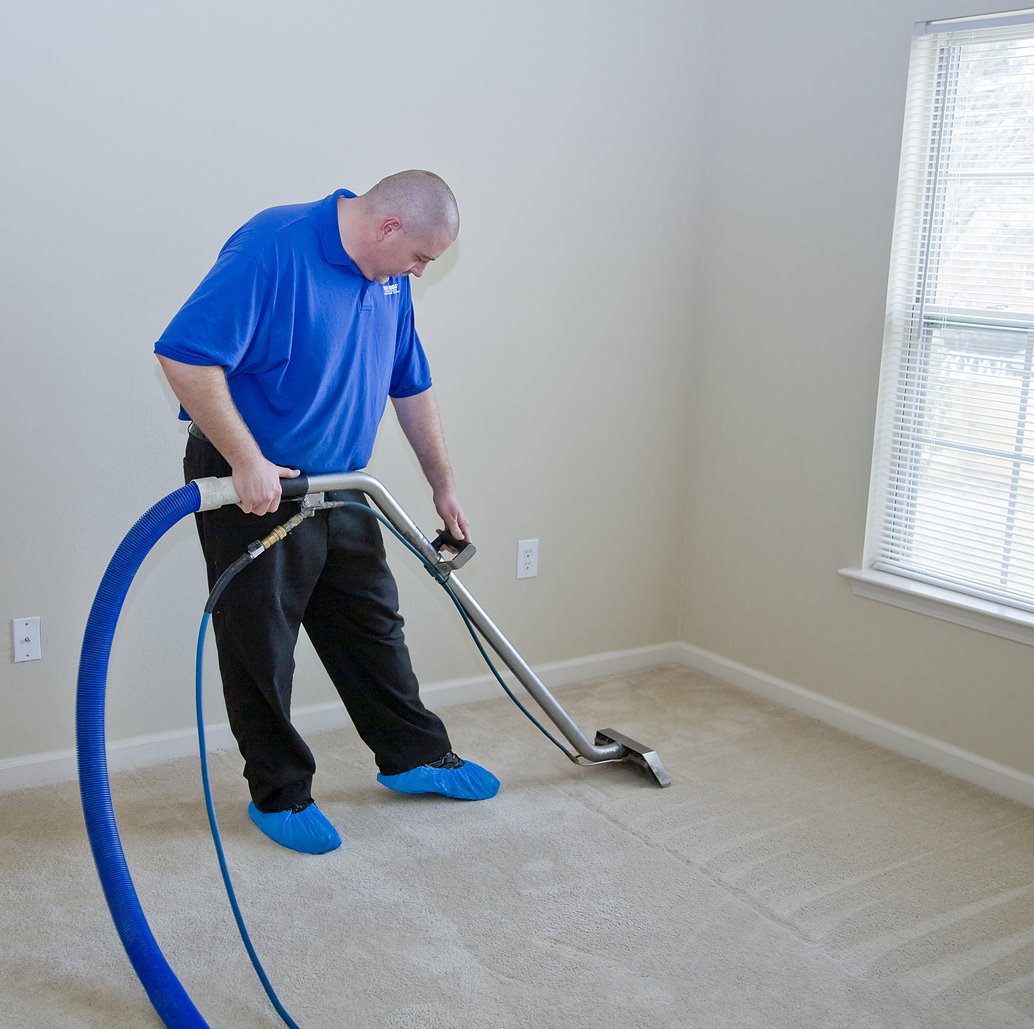
Other tips on reducing amount of dust:
- Keep your books, souvenirs and generally all decorations that are hard to dust in closed shelves or bookcases.
- Get air purifiers at least for your bedrooms, humidifiers for dry air and
- Wash the leaves of houseplants once in a week
- Don’t forget to close the closet’s doors not to allow more and more dust land on your clothing items.
- Change conditioning or heating filters regularly.
- Take your shoes off when you come to the house.
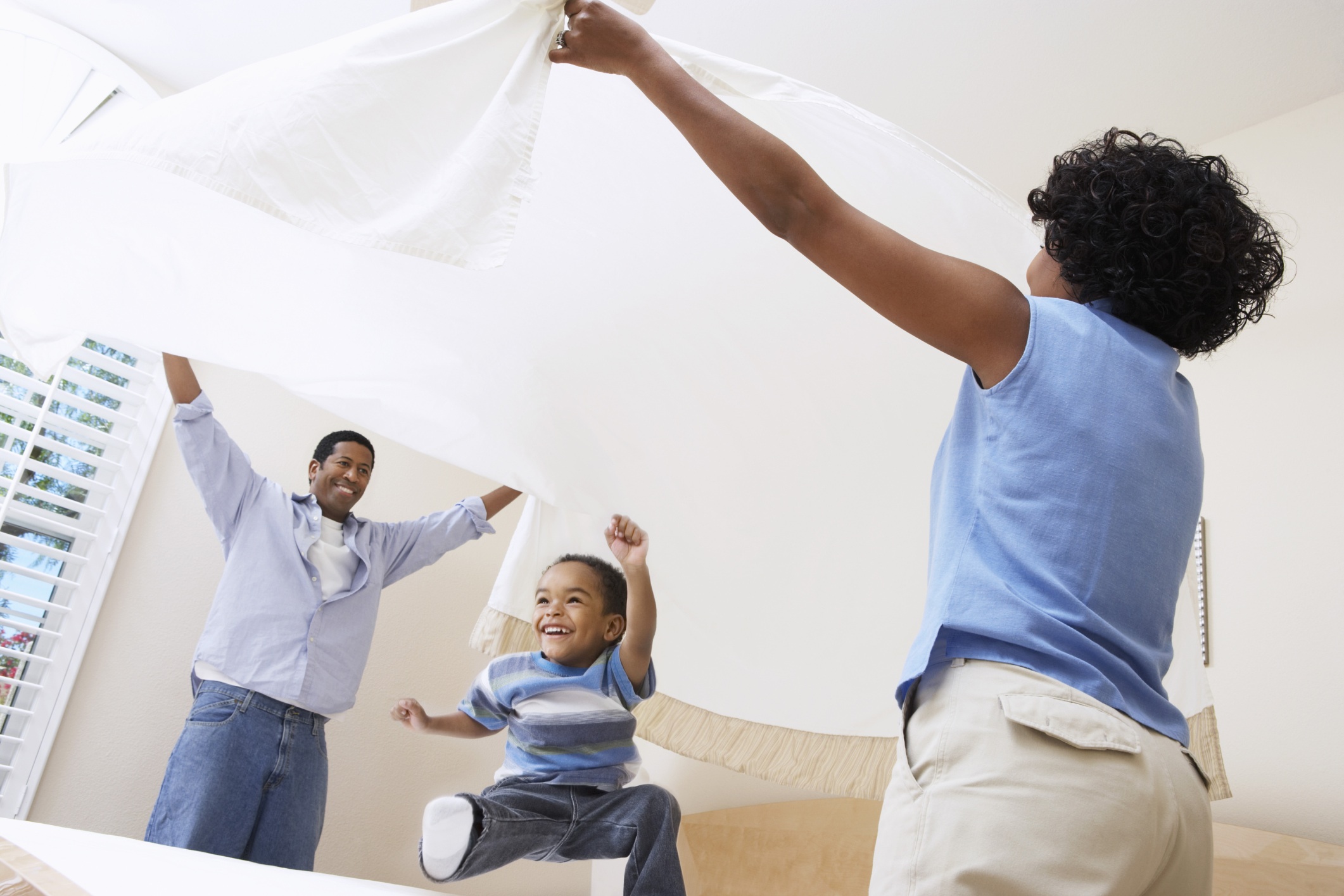
- Groom your cats and dogs more often, so that less pet hair appears on the floors.
- Don’t forget to vacuum and mop the floor underneath couches, bookcases, kitchen furniture and refrigerator and dust the hard to reach places.
- Change the sheets once a week and don’t forget to get your comforters and decorative pillows cleaned every once in a while.
- Check the filling material of your pillows and blankets to see if there could be something in them that may cause allergies or if some kinds of pests might live in there to get rid of them.
- Conduct regular hard-core spring cleanings with window washing, furniture cleaning and so on. It’s worth to hire professional cleaners for that matter, as they’ll really make the house crispy clean. Hire local house cleaners
Getting rid of mold
Mold is dangerous not only because it triggers allergies, but it also because it may cause various respiratory illnesses, even asthma.
It usually grows in humid areas of the house, so if you notice dark little spots on bathroom tiles, curtains or on the walls of the basement, it’s better to clean those surfaces with mold-killing substances like organic bleach. Mold prevention measures most professional cleaners find effective include controlling humidity levels and keeping them around 50% mark, ensuring proper ventilation and opting for tiled or hardwood floors in high-risk areas, maintaining houseplants’ soil mold-free.
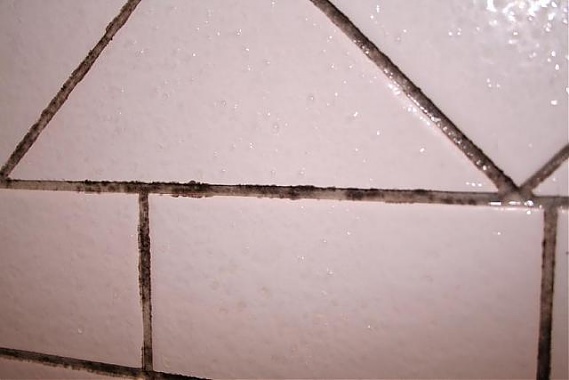
Rethinking cleaning products
Many brands use chemicals as components of their cleaning products, but quite a lot of people may have allergic reactions to them. So, if you’re one of them and you notice irritation all over your body just where your clothes lays, it’s better to get rid of cleaning supplies you’re currently using and opt for eco-friendly, green ones, as they mainly consist of natural ingredients. And, I’m not just talking about laundry detergent and fabric softener, but also about all cleaning supplies up to the toilet cleaner, as you inhale the smell when you apply them and you skin may directly contact with them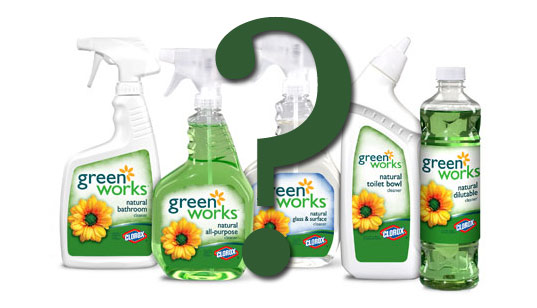
Pets
First of all, it’s better to consult with a vet or look up some information online about the most hypoallergenic pets before having them. For instance, some dog and cat breeds don’t shed, but lose hairs just like human beings, so they cause fewer allergies. Some kinds of fish food may cause allergic reaction as well. Those are simple examples, but they really make you understand that, firstly, you don’t have to cross off pets from your life if you have allergies, and, secondly. But it’s necessary to address this issue responsibly and do your research before bringing a new animal friend home or buying a certain type of food or toilet filler for your pets.
But if you notice that you or any member of your family started getting allergies because of pets, you should limit the contact between them or even think about finding a new family for a pet among your friends or family if nothing helps. It’s heartbreaking and devastating, but you can’t risk your health.
